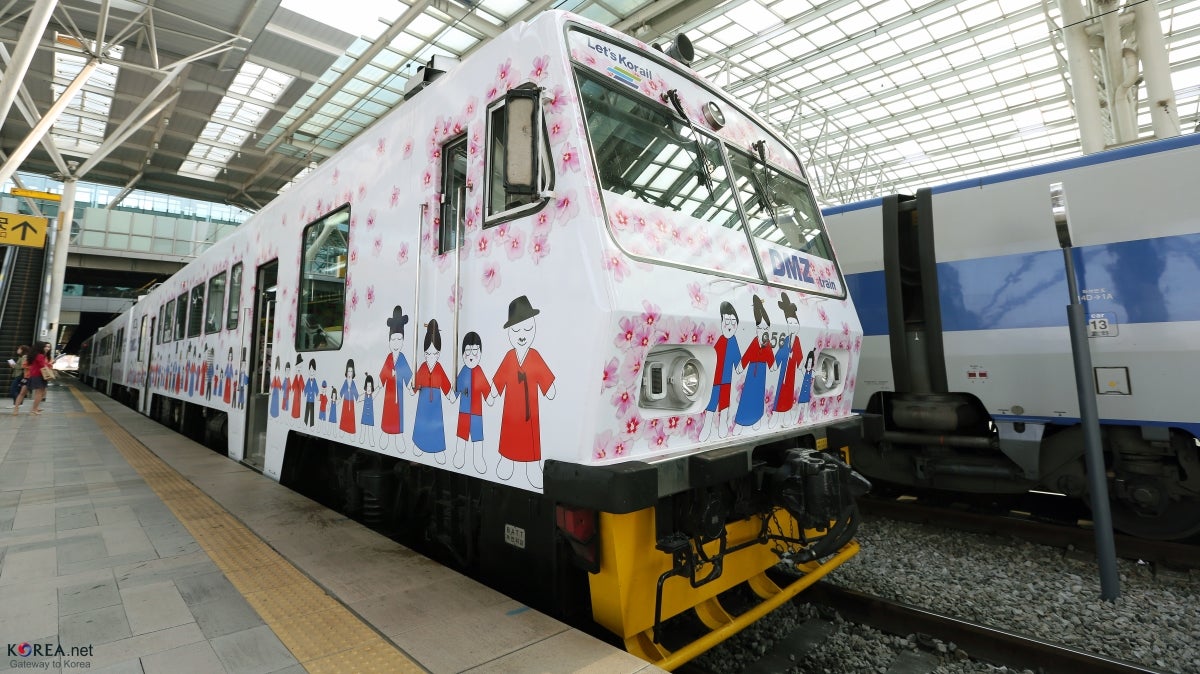
Disorder between India and Pakistan suspends Samjhauta Express
India and Pakistan have been at war since their division in 1947. Despite continued complicated relations, train services between the two countries have been operating through two railway networks. One being The Thar Express, a weekly train operated by Pakistan Railways travelling across the stretch from Karachi to Khokhrapar where passengers cross the border to Munabao in India.
The second is the Samjhauta Express, a bi-weekly train whose services began in 1976 under the Shimla Agreement. Originally run between Amritsar and Lahore, it was changed by India to terminate at Attari over safety concerns where passengers could then change trains.

Discover B2B Marketing That Performs
Combine business intelligence and editorial excellence to reach engaged professionals across 36 leading media platforms.
The two countries have always faced conflict over the ownership of Kashmir, but tensions heightened recently again between India and Pakistan in the wake of the abrogation of Article 370 by India – a law which revoked Kashmir’s autonomy. Following these events, Islamabad decided to suspend the Samjhauta Express on its side in August 2019.
This isn’t the first time the railway network faced chaos. Previously, the trains were suspended in
February 2019, following the Pulwama terror attack that killed 40 Indian soldiers.
Israel via Palestine
The war between Israel and Palestine which began in the mid-twentieth century, has restricted travel for citizens travelling between territories. In February this year, Israel offered to build a railway to connect Palestine to other Arab states including Israel but Palestine rejected the proposal.

US Tariffs are shifting - will you react or anticipate?
Don’t let policy changes catch you off guard. Stay proactive with real-time data and expert analysis.
By GlobalData“Israel offered us the chance to participate in a railway from Jenin to Haifa and from it to many Arab capitals which we have rejected,” Palestinian Civil Affairs Minister Hussein al-Sheikh tweeted on 15 February 2019.
The animosity between the two states was also apparent when Israel launched a high-speed rail link between Tel Aviv’s international airport and Jerusalem which travels via a part of Palestine in September 2018. The line runs through segments of Palestine near Beit Surik which Israel captured in the 1967 Middle East war.
Chief Palestinian negotiator Saeb Erekat saw this development as Israel’s “agenda of turning its occupation into annexation.” He even accused Israel of “illegally making use of occupied Palestinian land” in setting the train’s route.
The unrest between the two states continues and as a result there is no direct train between Israel and Palestine currently.
A DMZ train to bridge North and South Korea
After the Korean war in 1950, North and South Korea were separated for more than half a century. It was only in November 2018 that South Korea deployed a railway service called the DMZ train for the first time in decades to North Korea.
The train runs on the Gyeongui Line, which was built in the early 1900s. It runs through Pyongyang, the North Korean capital, and goes as far as Sinuiju, on the Yalu River, which forms the border with China. It aims to continue running the train in the current year.
“Through the railways that will be connected in one, the South and North will prosper together and peace in the Korean Peninsula will become firmer,” South Korean Unification Minister Cho Myoung-gyon said during a ceremony at Dorasan Station near the border. “We will maintain close consultation with related nations so that the project to connect the South and North’s railways could proceed with international support.”
Trains have, in the past, briefly carried supplies to Kaesong, a joint industrial zone just north of the border, in 2007, but this service was suspended amid tensions the following year in 2008.
Russia constructs railway through Crimea
The crises between Ukraine and Russia erupted in March 2014, when Russian Special Forces occupied Ukraine’s Crimean Peninsula. Russia claimed it was protecting its port access to the Black Sea.
The dispute escalated after a Russian coast guard prevented two Ukrainian vessels from passing through the waterway on Kerch Strait in November 2018.
Despite these tensions, tracklaying is underway for a railway which will connect Russia to the eastern end of the Crimean Peninsula.
Train movement on the railway part of the newly-built Crimean Bridge – which was opened by President Putin in 2018 – is scheduled for December this year. “As of today, the first kilometre of the main line’s rail track has been completed, more than 1.5km of station tracks are ready,” Crimean Bridge said in a
The initial schedule of train traffic for 2020 envisages that 29 pairs of trains per day will operate between the Crimean peninsula and mainland Russia. They will include 15 passenger, ten cargo and four shuttle trains.
Ukraine has, however, been against the Russian government building the bridge as well as the railway. It deemed the construction of the bridge as “unlawful,” and allegedly accused Russia for exploiting its maritime resources. “Russia is stealing Ukraine’s energy and fisheries resources, harming the livelihoods of Ukrainian fishermen, and blocking traffic to Ukrainian ports with its illegal bridge over the Kerch Strait, among other serious violations,” the Ministry of Foreign Affairs of Ukraine said in a statement.





